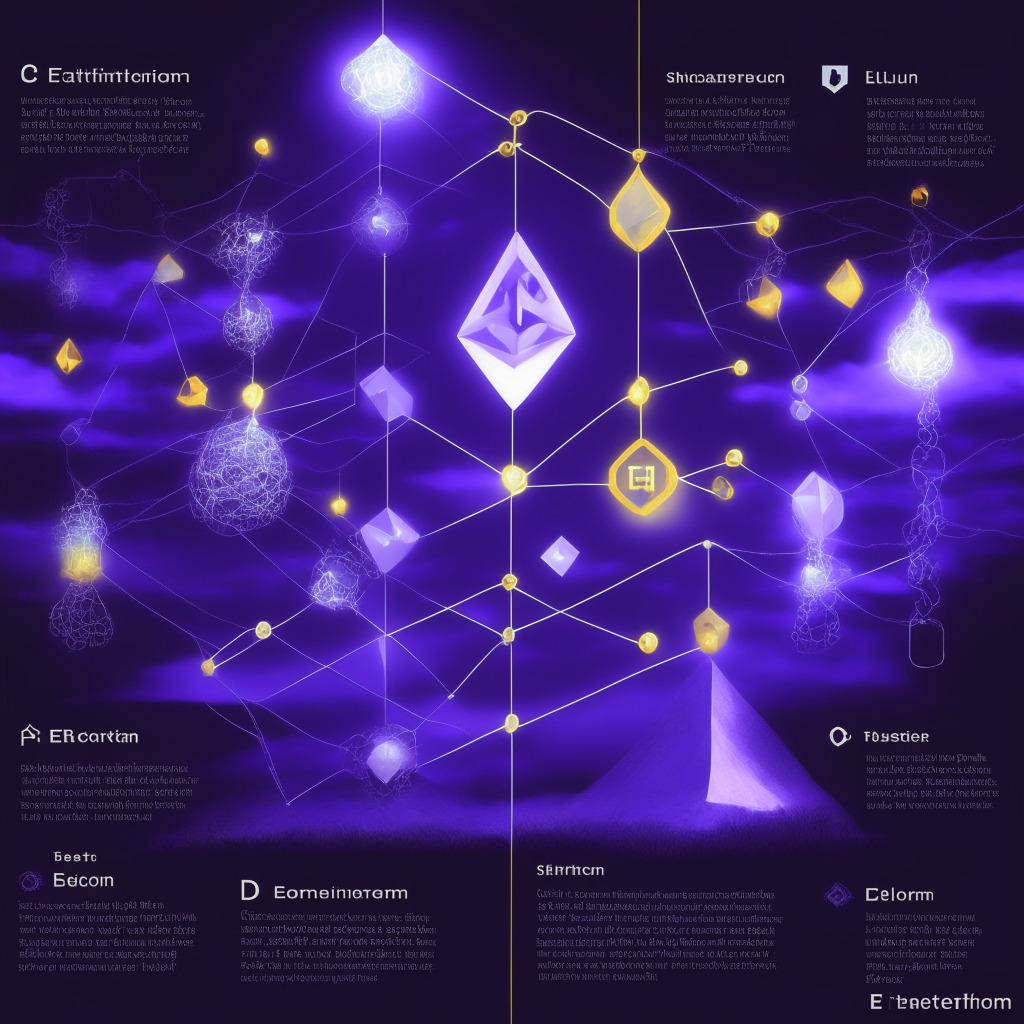Several leading Ethereum liquid staking providers, including Rocket Pool, StakeWise, Stader Labs, Puffer Finance, and Diva Staking, are adopting a self-limiting strategy to own no more than 22% of the Ethereum staking market, thus working to avoid a potential increase in staking centralization. This move is in contrast to entities like Lido Finance, which advocates for growth and dismisses the self-limitation approach.
Search Results for: Superphiz
Ethereum’s Liquid Staking: Controversy Erupts over 22% Validator Cap Debate
Ethereum liquid staking providers, including Rocket Pool, StakeWise, Stader Labs, and Diva Staking, have agreed to a self-imposed limit of 22% ownership of validators to maintain Ethereum’s decentralization. Proposed by Ethereum core developer Superphiz, this limit is seen as a means to prioritize network health over profits, requiring at least four major entities to finalize the chain. However, Lido Finance, the leading Ethereum staking provider, opposes this limit.
Ethereum’s Double Troubles: Resilience vs. Reliability Debate in Blockchain’s Future
The Ethereum network recently faced two performance issues within 24 hours that temporarily halted block finalization. Though the network recovered, concerns about its reliability resurface, potentially affecting market confidence and Ethereum’s role in the $27 billion total value locked across various financial infrastructures and applications.
Ethereum Finality Hiccups: Analyzing Reactions, Implications, and Future Impacts
The Ethereum network recently faced two instances of technical issues causing confusion and debate among users and developers. These finality issues have raised concerns within the Ethereum community, emphasizing the importance of understanding blockchain technology and safety measures in the cryptocurrency world.
Ethereum’s Network Outages: How Growing Pains Affect Blockchain Security and Adoption
The Ethereum blockchain experienced two technical outages within 24 hours, causing concerns about network stability and security among users. These incidents raised valid questions regarding the platform’s ability to handle its growing adoption while maintaining consistent and secure performance.
Ethereum’s Unexplained Interruption: How Robustness and Client Diversity Shape the Future
Ethereum’s Beacon Chain faced an unexplained 30-minute interruption recently, highlighting the need for increased client diversity and resilience in the blockchain. Despite concerns, the event also demonstrated the adaptability and robustness of the Ethereum network. Future research and interoperability can help prevent similar interruptions.
Ethereum Beacon Chain Halt: A Test of Consensus Client Diversity and Network Resilience
Ethereum’s Beacon Chain faced a temporary halt in block finalization, but quickly resumed normal operations. The incident highlights the importance of consensus client diversity in maintaining stability and security in decentralized blockchain networks like Ethereum, while showcasing its inherent resiliency.





